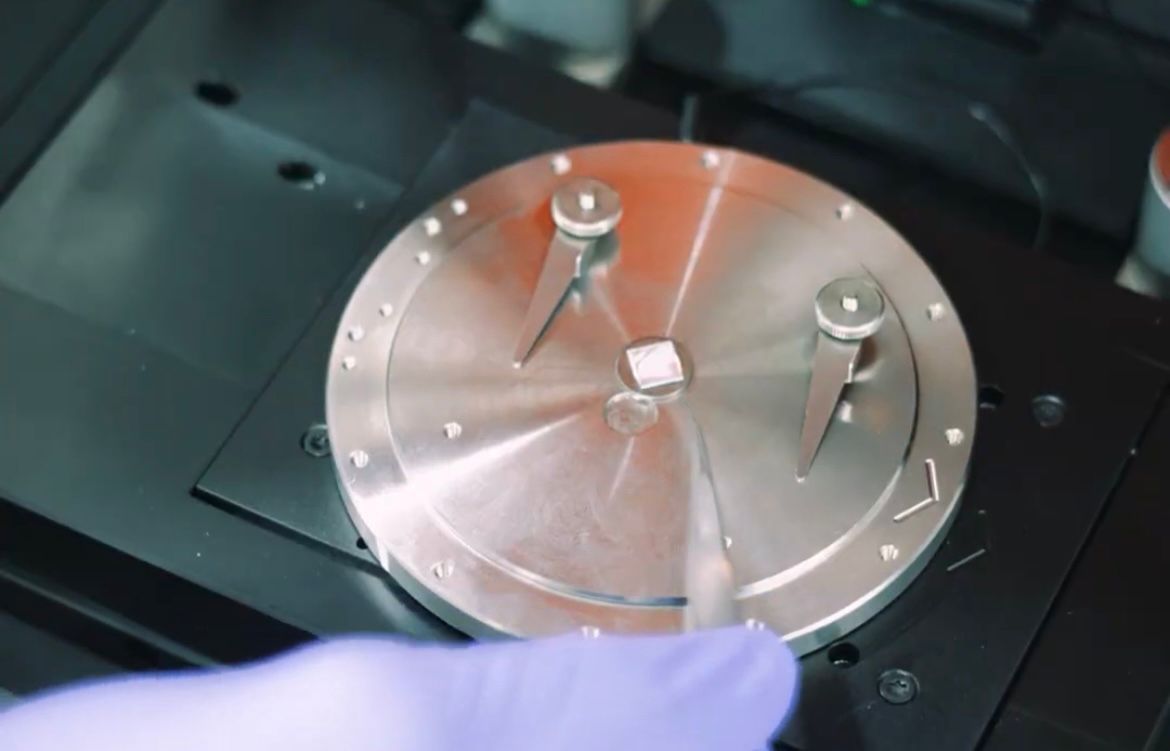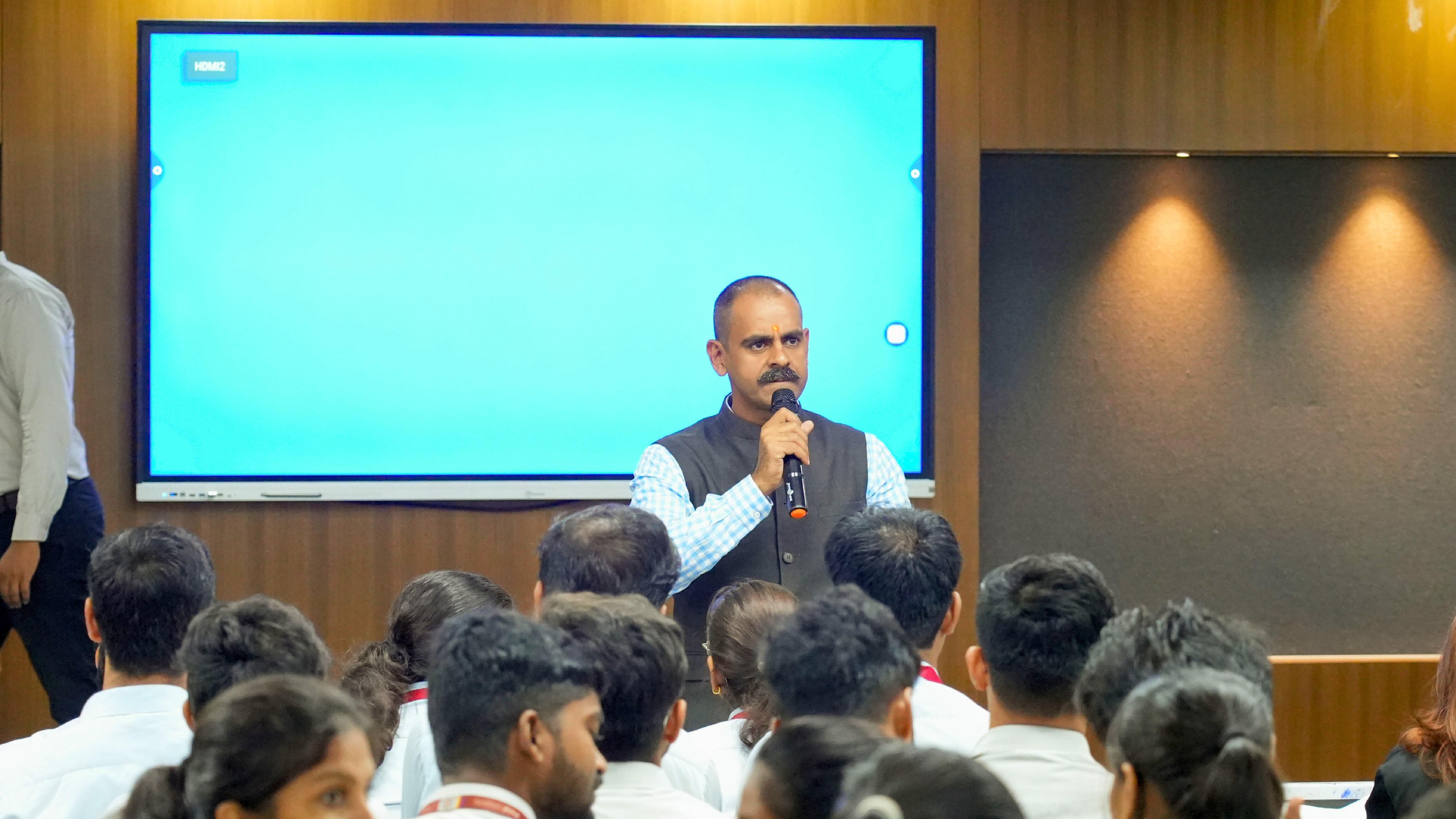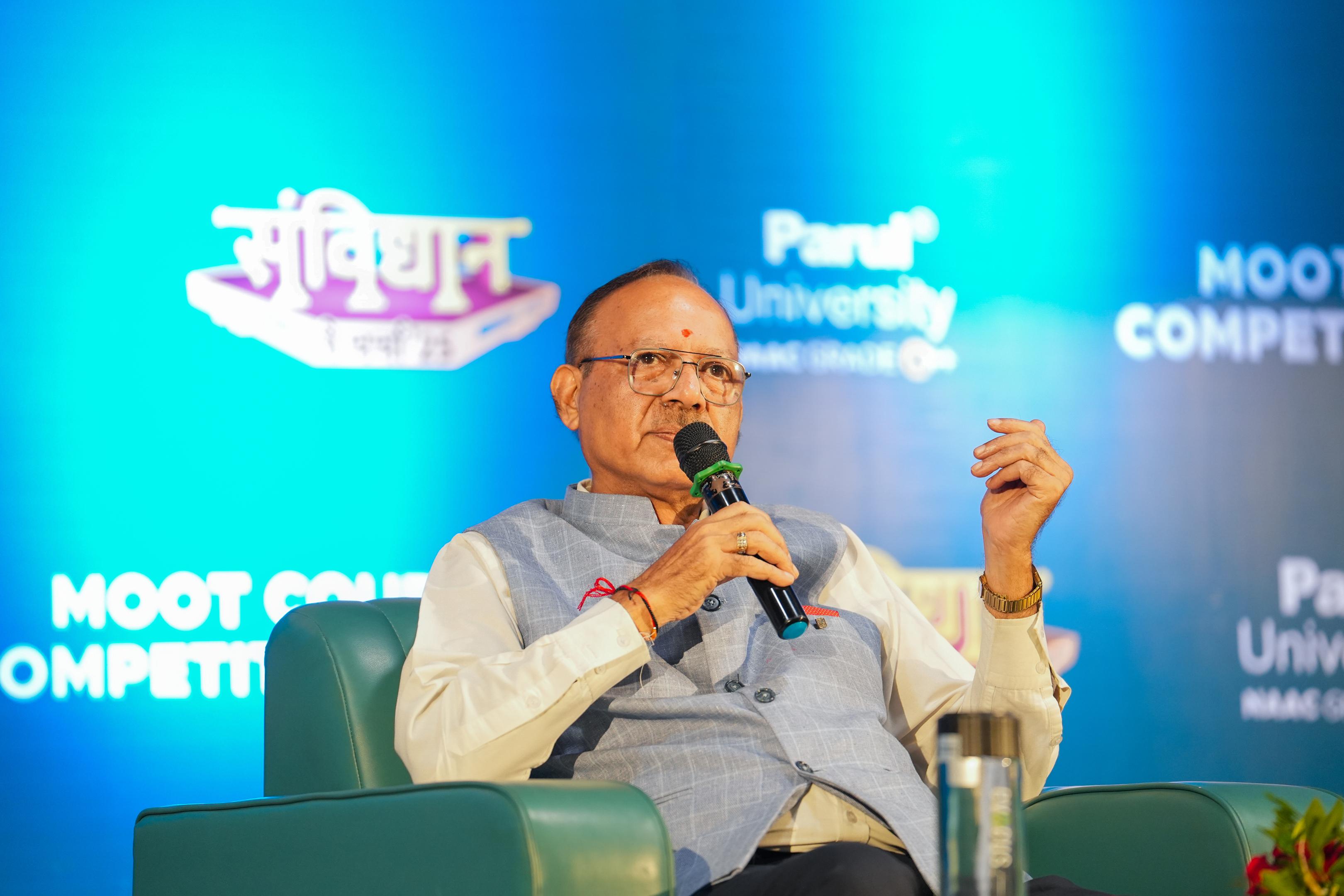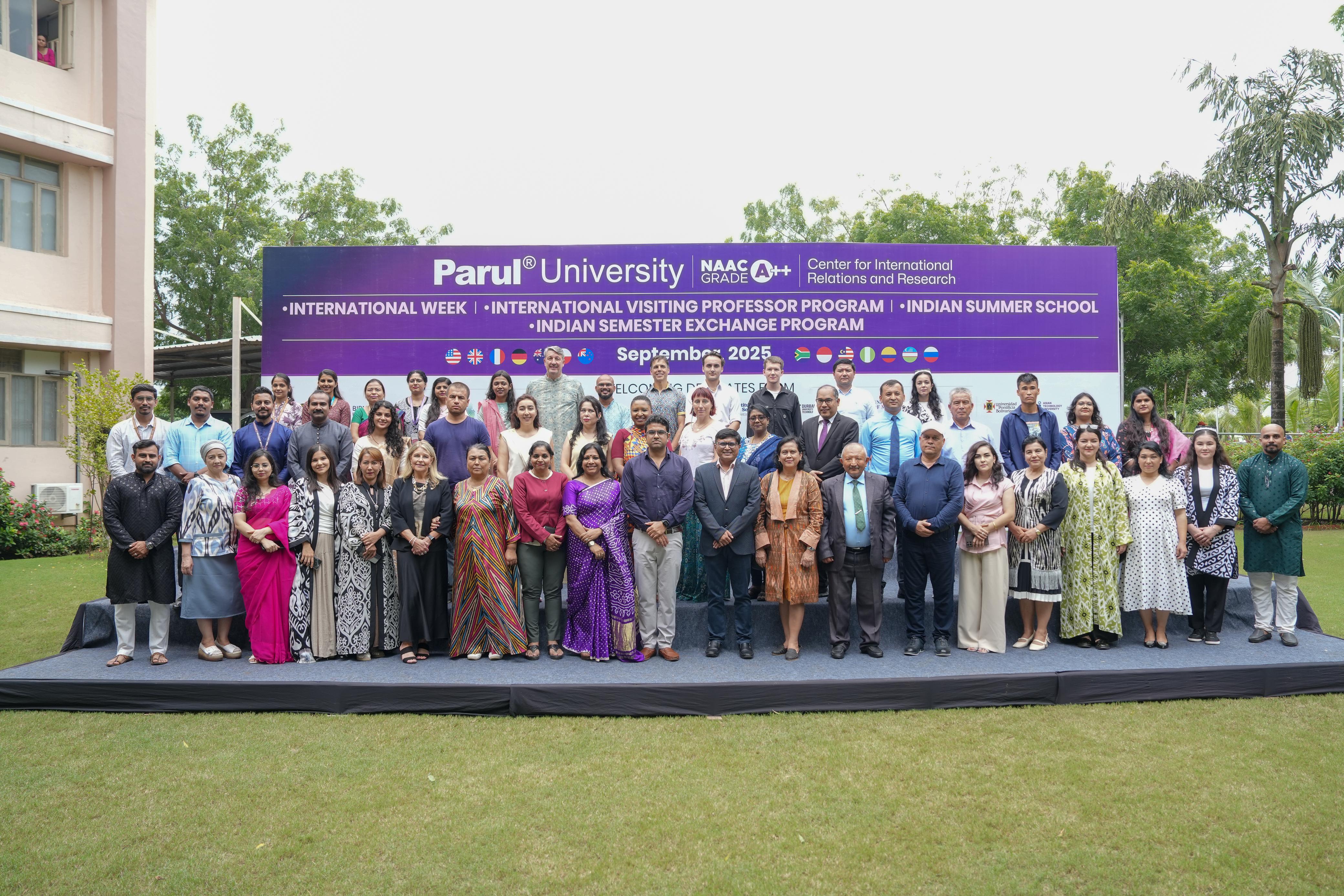Is it possible that the secret to cleaner energy, healthier lives, and a greener planet lies hidden in the intangible realm of atoms and molecules? That's the electrifying promise of nanotechnology and advanced materials.
On 16th September 2025, Parul University opened its doors to a unique congregation of thinkers, innovators, and visionaries at the National Workshop on "Nanotechnology & Advanced Materials." Far from being just another academic event, this one-day workshop emerged as a dynamic platform where the future of science met present-day action.
The event provided a timely investigation into how advanced materials and nanotechnology are transforming our society, with a particular emphasis on practical applications, cross-sector collaboration, and democratising access to cutting-edge information.
“The advance of science is nothing but the replacement of the commonplace by the uncommon.” - Sir H. G. Wells
Nanotechnology isn’t just science fiction anymore; it’s science in action. The workshop spotlighted how these advanced materials are primed to tackle some of the most pressing global challenges: clean energy, affordable healthcare, environmental protection, smart infrastructure, and sustainable agriculture. The day’s keynote, delivered by Prof. Ashutosh Sharma, President of the Indian National Science Academy (INSA) and former Secretary at the Department of Science & Technology, Government of India, New Delhi, set the tone by emphasizing the journey of nanotech innovations from lab benches to societal impact.
Prof. Sharma, who has spent decades working at the nexus of scientific policy, research, and innovation management, provided unique insights into how India's national missions are strategically using nanotechnology to address pressing issues. His stimulating talk emphasised the need for open collaboration, policy support, and democratised knowledge in enabling the next generation of researchers, in addition to technical innovation.
Attendees were treated to deep-dive sessions on practical applications. Through nanomaterials powering next-generation solar cells and hydrogen production systems to innovations in wastewater treatment and air purification using nano-catalysts, the workshop made it clear, these technologies aren’t waiting for the future; they’re already here. Participants left with a strengthened understanding of how small-scale innovations can drive large-scale transformations.
But what truly set the stage for the workshop?
This workshop was a bridge connecting academia, industry, and government policy. In an age where innovation often happens in silos, this event broke down those walls. A vibrant panel discussion brought together thought leaders from startups, academia, and industry, focusing on the much-discussed lab-to-market gap.
The conversation wasn’t just academic jargon; it was a candid exploration of success stories, bottlenecks, and pragmatic approaches to translating research into products and solutions that matter. The workshop also emphasized national missions and funding programs such as the Nano Mission, SERB, and DSTSATYAM. Expert-led sessions provided practical guidance on grant writing and navigating public-private partnerships, empowering participants to turn ideas into funded projects.
Workshops like this don’t just focus on current knowledge; they’re investments in the future. One of the core objectives was to train young researchers and students, exposing them to the latest tools, trends, and techniques in nanoscience.
Perhaps the most exciting outcome?
The formation of an interest group or research consortium on nanotechnology within Parul University itself, designed to sustain ongoing collaboration, foster interdisciplinary projects, and create a lasting culture of research-driven inquiry.
As the workshop came to a close, the buzz was clear. The event wasn’t just a one-day affair; it was a seed planted in academia, poised to grow in sustainable research, interdisciplinary collaboration, and innovation. Nanotechnology and advanced materials may sound futuristic, but through efforts like this, their potential is already unfolding today.



.jpg)

.jpg)


